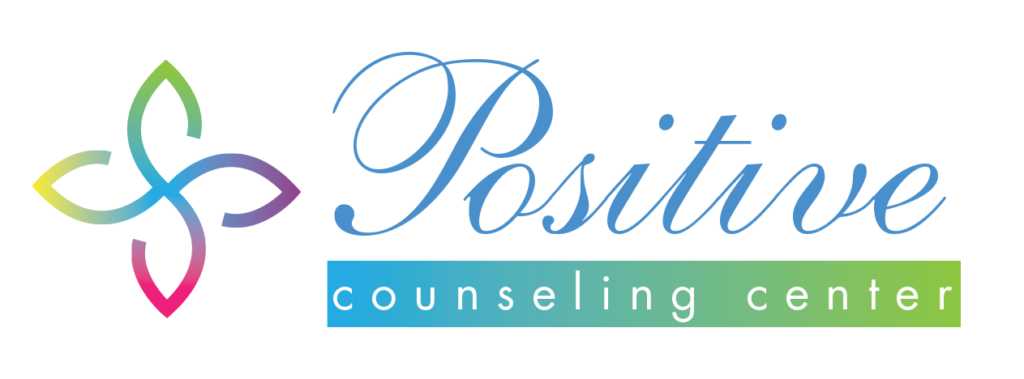Many people live in codependency for many years or even decades with realizing the unhealthy nature of their relationships. In its simplest form, codependency is a behavioral pattern in which a person becomes reliant upon the approval of others. People in codependent relations typically have a low sense of self-worth and find their identity in meeting the needs of others rather than from themselves. In fact, most feel their entire sense of purpose comes from another person, which often spurs an intense desire to control the other person’s actions or responses within the relationship.
There are many symptoms of codependency, all of which may manifest in different ways. People within codependent relationships may feel as though their intense ‘need’ for one another is a sign of strong love, when it is actually an unhealthy relationship rooted in control and neediness.
Codependent relationships are made up of two types of people: takers and caretakers. Takers are controllers who use anger, neediness or other emotions to manipulate those close to them. They are often attracted to caretakers, who put their own needs aside for the sake of caring for others. By making these sacrifices, the caretaker believes he or she will gain approval, love and acceptance. They stay in unhealthy relationships believing that eventually their disregard of self will lead to a positive result.
Symptoms of caretakers in codependent relationships include people who feel:
- Extreme desire for approval or recognition
- Responsible for the needs of others
- Difficulty with confrontation
- Lack of trust in others
- A fear of abandonment
While anyone can become codependent, people with a history of abuse or neglect are at an increased risk. In many cases, codependency is a learned behavior passed on from a parent or caregiver who themselves were codependent. For example, a person who was yelled at, abused and neglected as a child may have developed ‘caretaker’ tendencies in response to the ‘taker’ behaviors of the parent. This can establish a life-long pattern of earning love or affection from other people.
People within a codependent relationship may love each other, but they will find that the prevailing emotion within the relationship is always anxiety. Ultimately, codependent relationships enable dysfunction and prevent personal growth and development.
Developing Healthy Relationships
The first step in developing a healthy relationship is recognizing codependency for what it is and where it comes from. A person who finds themselves in one or more codependent relationships does not always have to end those associations, but instead must learn to set boundaries and find happiness in individuality.
Codependent relationship expert, Pia Mellody, claims that the origins of all forms of codependency are found in childhood, whether because of physical, emotional or sexual abuse. She believes that codependent people can go onto to have healthy and satisfying relationships once they find healing for their ‘inner child’.
According to Melody Beattie, another codependency expert, people in codependent relationships must stop consuming themselves with other people and instead redirect that attention to themselves. She reinterprets the famous 12-step program developed by Alcoholics Anonymous and adapts it to people with codependency issues. This course of action highlights the need to reconnect with oneself and establish healthy limits in existing and future relationships.
Anyone experiencing codependency issues should seek help from a professional. Treatment often involves therapy, communication with partners, and even time apart from other people or obligations to establish a sense of independence. A codependent person may also benefit from broadening new relationships and finding new individual hobbies. With help, anyone can have healthy relationships and lead a mature life free of codependency.







